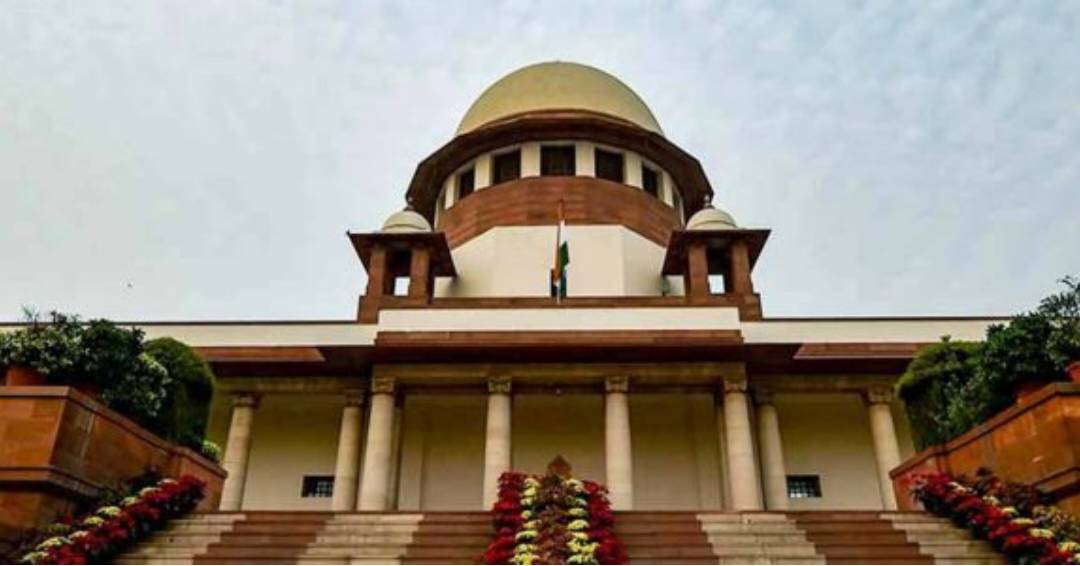
In the ongoing debate concerning criminal cases involving elected representatives (MPs/MLAs), Senior Advocate Vijay Hansaria, appointed as the amicus curiae by the Supreme Court, has taken a strong stance advocating for a lifetime ban on convicted politicians. In his 19th report, Hansaria has vehemently argued against the current practice of limiting the disqualification period to contest elections after a conviction to a mere 6 years, deeming it “manifestly arbitrary” and a violation of Article 14 of the Constitution. Instead, he recommends a permanent disqualification for such individuals, emphasizing the sanctity of the position held by lawmakers.
Hansaria underscores that once MPs/MLAs are found guilty of offenses involving moral turpitude, they should be permanently barred from holding public office. This stance aligns with the Supreme Court’s ongoing monitoring of the expeditious disposal of criminal cases against MPs and MLAs since 2016, initiated through a PIL filed by Ashwini Kumar Upadhyay. The PIL questions the constitutional validity of Section 8 of the Representation of the People Act, 1951, which limits disqualification to “a period of six years since his release” and seeks a lifetime ban for convicted politicians.
The amicus curiae also points out that various legislations, such as the Central Vigilance Commission Act, 2003, and the Lokpal and Lokayuktas Act, 2013, provide for permanent disqualification and/or removal from statutory office in cases of convictions involving ‘moral turpitude.’ He argues that as long as statutory authorities disallow convicted individuals from holding office, it is inherently arbitrary to permit them to occupy positions in supreme legislative bodies after serving a specific conviction period.
Moreover, Hansaria highlights the lack of a meaningful nexus between the classification under Section 8 and the intended objective, contending that this is a violation of Article 14. He supports his argument by referencing several committee reports and court judgments that have expressed concerns about the growing ‘criminalization of politics’ and its detrimental impact on the country’s democratic functioning.
The Supreme Court is set to deliberate on two pivotal issues within this writ petition: the expeditious handling of criminal cases against elected representatives and the constitutional validity of Section 8 of the Representation of the People Act, 1951. In addressing the former concern, the amicus curiae has proposed a set of directives for subordinate courts to ensure the swift resolution of such cases.
Advocate-on-Record Sneha Kalita has played a crucial role in assisting the amicus curiae in drafting this comprehensive report. The matter is scheduled for a hearing before a bench led by Chief Justice Chandrachud on September 15.

Post Your Comments